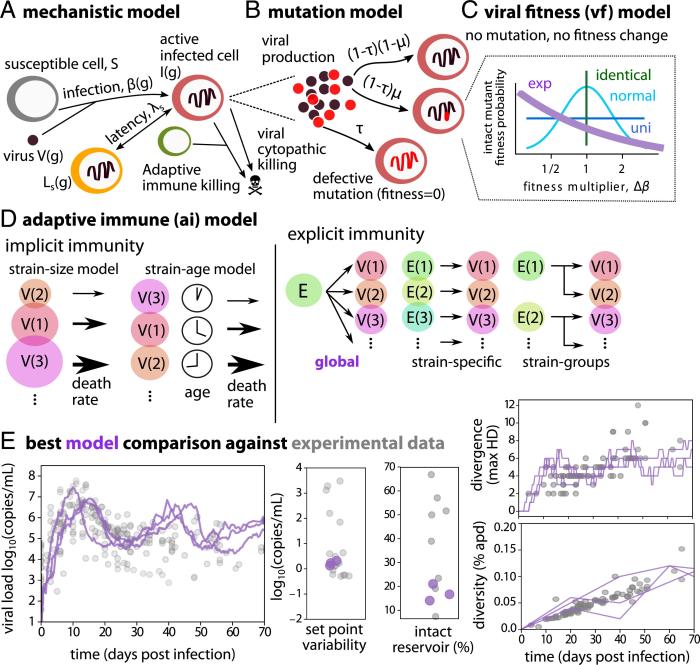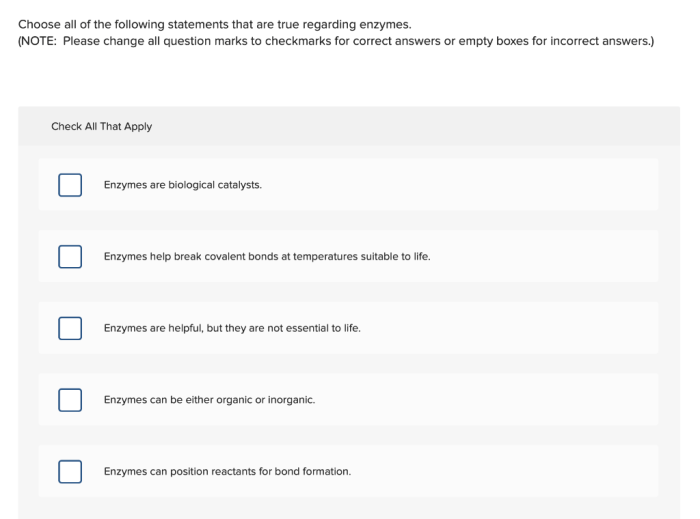Which of the following statements regarding HIV testing are true? HIV testing is an essential tool for individuals and public health, providing crucial information about HIV status and enabling timely access to treatment and prevention services. Understanding the facts and dispelling misconceptions surrounding HIV testing is paramount to promoting early detection, reducing transmission, and improving overall health outcomes.
This comprehensive guide delves into the significance of HIV testing, explores common myths and misconceptions, highlights the benefits of early diagnosis, and provides practical information on accessing testing services while emphasizing the importance of confidentiality and privacy. Additionally, it addresses the detrimental effects of stigma and discrimination associated with HIV testing and offers strategies for reducing these barriers.
True Statements about HIV Testing

HIV testing is crucial for both individuals and public health. It enables early detection and access to timely treatment, which improves health outcomes and reduces transmission.
According to the World Health Organization (WHO), an estimated 38.4 million people worldwide were living with HIV in 2021. HIV remains a significant public health concern, particularly in sub-Saharan Africa, where it accounts for a large proportion of morbidity and mortality.
Types of HIV Tests
- Antibody tests:Detect antibodies produced by the body in response to HIV infection. These tests are commonly used for screening and can be performed using blood, saliva, or urine samples.
- Antigen/antibody tests:Detect both HIV antibodies and antigens (parts of the virus). They can provide a rapid diagnosis and are often used in emergency settings or point-of-care testing.
- Nucleic acid tests (NATs):Detect the genetic material (RNA or DNA) of HIV. NATs are highly accurate and can be used to diagnose HIV infection in the early stages.
False Statements about HIV Testing
There are several misconceptions or myths surrounding HIV testing that can hinder people from getting tested or seeking care.
HIV Testing Is Painful
HIV testing is typically done through a blood draw or a saliva or urine sample. These methods are minimally invasive and cause little to no discomfort.
I Don’t Need to Get Tested If I’m Not Showing Symptoms
HIV can be present in the body for years without causing noticeable symptoms. Early testing allows for prompt treatment, which can prevent the virus from damaging the immune system and leading to serious health complications.
I’m Too Old/Young to Get HIV
HIV can affect people of all ages. It is important for everyone to get tested, regardless of their age or perceived risk.
Benefits of Early HIV Testing

Early HIV diagnosis offers numerous benefits for individuals and public health.
Improved Treatment Outcomes
Early treatment with antiretroviral therapy (ART) can suppress the virus, reduce the risk of developing AIDS, and improve overall health and well-being.
Reduced Transmission
People who know their HIV status can take steps to prevent transmitting the virus to others through safer sex practices, condom use, and avoiding sharing needles.
Preventing Mother-to-Child Transmission
HIV testing during pregnancy and breastfeeding can help prevent the transmission of HIV from mother to child. ART can be used to reduce the risk of transmission to below 2%.
Access to HIV Testing: Which Of The Following Statements Regarding Hiv Testing Are True

HIV testing is widely available and accessible.
Where to Get Tested
- Healthcare providers (doctors, clinics, hospitals)
- Community health centers
- HIV testing sites
- Pharmacies
- At-home testing kits
Free or Low-Cost Testing
Many testing sites offer free or low-cost HIV testing. Contact your local health department or community organizations for more information.
Confidentiality and Privacy in HIV Testing

HIV testing is confidential, and the results are protected by law.
Ethical and Legal Considerations
Healthcare providers are ethically and legally obligated to maintain the confidentiality of HIV test results.
Protecting Personal Information
Testing sites take precautions to protect personal information, such as using anonymous testing or coded identifiers.
Reducing Stigma and Discrimination
Stigma and discrimination can prevent people from getting tested or seeking care for HIV.
Negative Impact
Stigma can lead to social isolation, discrimination in healthcare settings, and barriers to employment and housing.
Strategies for Reduction
- Education and awareness campaigns
- Community outreach and support programs
- Laws and policies that protect the rights of people with HIV
Successful Initiatives, Which of the following statements regarding hiv testing are true
Examples of successful campaigns include the “Get Tested” campaign in the United States and the “Know Your Status” campaign in South Africa, which have increased HIV testing rates and reduced stigma.
Q&A
What are the different types of HIV tests available?
There are several types of HIV tests, including antibody tests, antigen/antibody tests, and nucleic acid tests (NATs). Antibody tests detect antibodies produced by the body’s immune system in response to HIV infection, while antigen/antibody tests detect both antibodies and antigens (proteins) associated with HIV.
NATs, also known as viral load tests, measure the amount of HIV in the blood.
How soon after exposure to HIV can I get tested?
The recommended time to get tested after potential exposure to HIV is 4-6 weeks. This allows enough time for the body to develop detectable levels of antibodies or antigens.
Is HIV testing confidential?
Yes, HIV testing is confidential by law in most countries. Healthcare providers are required to maintain the privacy of test results and personal information.